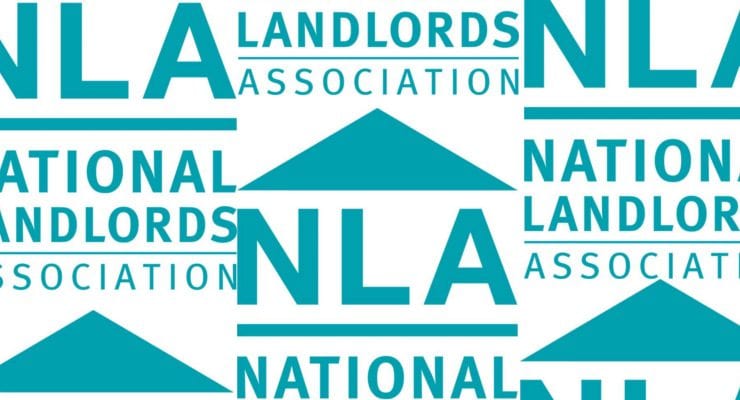RISE IN SINGLE PROPERTY LANDLORDS HIT BY BUY-TO-LET TAX CHANGES
Single property landlords are finally waking up to the fact they could be pushed in to a higher tax bracket following the introduction of new taxation rules for buy to let, according to the National Landlords Association (NLA).
The statement comes as recent research from the NLA shows the proportion of single property landlords who anticipate they will be moved up a tax bracket as a result of the changes has almost doubled since the end of 2016.
Sixteen per cent of landlords with a single property now say the changes will push them into a higher income tax bracket – a rise of seven per cent compared to Q4 2016.
By the time the changes are fully implemented in 2021 landlords’ mortgage finance costs will count towards their taxable profit. The current average annual mortgage finance costs for a single property landlord is £5,6001.
This means that those currently earning just below the upper limit of the basic income tax threshold of £43,500 could be pushed into the higher bracket of 40%, and therefore exposed to significantly more tax liabilities.
Individuals who only let out a single property are by far the most prevalent type of landlord, representing approximately 62 per cent of the UK’s landlord population – approximately 1.5 of the estimated 2.3 million2. The changes are thought to affect approximately 368,000 homes, with young couples and families potentially at the greatest risk if landlords are forced to sell up as a result3.
The NLA says that any single property landlords forced up a tax bracket would need to increase the rent by more than 11 per cent in order to continue to make a steady yield from the property, which equates to as much as £116 per calendar month more for the average rental property4.
Commenting on the figures, Richard Lambert, Chief Executive Officer at the NLA, said:
“Single property landlords are responsible for providing a huge proportion of the UK’s private rented homes, and these findings show that, slowly, more and more are waking up to the fact their tax bills could be significantly higher in the coming years.
“A fifth (21 per cent) of landlords with just one property do not make a profit, and over the next few years those bumped up a tax bracket will find that their ability to continue to provide good quality housing will be seriously affected.
“More and more families and young couples are making their home in the private rented sector because they cannot either access social housing or afford to buy their own home. Affected landlords will have the choice of either increasing rents or selling up – so either way it’s the people they currently home who look likely to suffer the most as a result of this damaging tax change”.
Breaking News by: Sam Haidar sam.haidar@landlords.org.uk
1 Average annual mortgage interest payments for single property landlords, NLA Quarterly Landlord Panel – Q1 2017 (754 respondents).
2 According to data obtained under a Treasury FOI – 62 per cent of individuals who completed the property supplement (SA105) section of their 2014-15 tax return declared just a single property.
3 Young couples (39 per cent) and families (28 per cent) are the most prevalent tenant types of single property landlords– NLA Quarterly Landlord Panel Q1 2017 (754 respondents)
4 Calculation based on:
- 3.5% interest only buy to let mortgage of £160,000, 75% LTV
- Property value of £213,333
- Typical yield of 5.8%









